April is Financial Literacy Month, a time dedicated to promoting the importance of financial education and empowerment. As a grandparent, parent, guardian, or mentor, you have a unique opportunity to impart valuable financial lessons to the young people in your life. Equipping them with essential money management skills early on can set the stage for a lifetime of informed financial decision-making. In this article, we’ll explore key lessons to share during Financial Literacy Month to help the young people in your life build a solid foundation for their financial future.
Budgeting Basics
It’s helpful to begin with the most foundational of financial literacy concepts: budgeting. Introduce the concept of budgeting as a fundamental skill for managing money effectively. Teach children and young adults to create a budget by tracking income and expenses. Encourage them to allocate their income to essential needs, such as housing and groceries, savings goals, and discretionary spending. Emphasize the importance of living within their means and adjusting their budget as their financial circumstances evolve. If you’re looking for tools to facilitate easy budget building, try one of these apps.
The Power of Savings
The money habits we adopt when we’re young – whether good or bad – can set the stage for our financial success later in life. Instill the habit of saving early on by explaining to young people the benefits of setting aside a portion of their income regularly. Introduce the concept of an emergency fund to cover unexpected expenses and encourage them to save for short-term goals like purchasing a new gadget or taking a trip. Teach them about the magic of compound interest and how it can help their savings grow over time.
Debt Management
Financial Literacy Month is also a smart time to begin discussing debt and the difference between good debt and bad debt. Teach young people that borrowing money for investments in education or a home can be worthwhile, but high-interest debt for unnecessary purchases should be avoided. Explain the importance of paying off credit card balances in full each month to avoid accumulating debt and interest charges.
Making Informed Spending Choices
Financial literacy is all about empowerment, so encourage children and young adults to be thoughtful consumers by making informed spending choices. Teach them to research products, compare prices, and read reviews before making purchases. Discuss the concept of needs versus wants and how to prioritize spending on items that align with their values and goals, too.
Investing for the Future
Investing may feel like a more complicated financial literacy concept to introduce, but it’s important to teach young people how it can help them grow their wealth over time. Discuss different investment options, such as stocks, bonds, and mutual funds. Emphasize the importance of diversification to manage risk. Teach them to start investing early, even with small amounts, to take advantage of compounding and give their investments time to grow. You can use these seven steps to introduce investing and even get them started.
Understanding Taxes
The U.S. tax code is notoriously complicated, so young people benefit from an early introduction to this topic. Start by explaining the basics of taxes, including different types of taxes like income tax and sales tax. Discuss the importance of filing tax returns accurately and on time and consider using your own tax filing as an example. You can also introduce concepts like deductions and credits that can help lower their tax liability when they begin filing their own taxes in the future.
Setting Financial Goals
Goal setting is an important concept in financial literacy – and one of the more fun elements to discuss, too. Guide young people in setting both short-term and long-term financial goals that make sense for where they are in their young lives. Encourage them to think about what they want to achieve, whether it’s saving for a car, funding higher education, or something smaller like purchasing a new smartphone. Help them learn how to break down these goals into actionable steps and track their progress over time. You can consider introducing the S.M.A.R.T. goal setting system for them to try, too.
Making the Most of Financial Literacy Month
Financial Literacy Month provides an ideal opportunity to impart crucial money management skills to the young people in your life. By teaching them budgeting basics, the power of savings, debt management, informed spending, investing for the future, understanding taxes, and setting financial goals, you’re empowering them to make sound financial decisions that will serve them well throughout their lives. As you share these valuable lessons, you’re not only setting them up for financial success but also equipping them with the confidence and knowledge to navigate the complexities of the financial world.
At Principal Preservation Services, we believe it’s important to never stop learning. As you consider financial lessons to impart with the young people in your life, don’t neglect your own financial education and comprehensive financial plan. If you’d like to learn more about the services and resources we offer, please schedule a conversation with us today.









